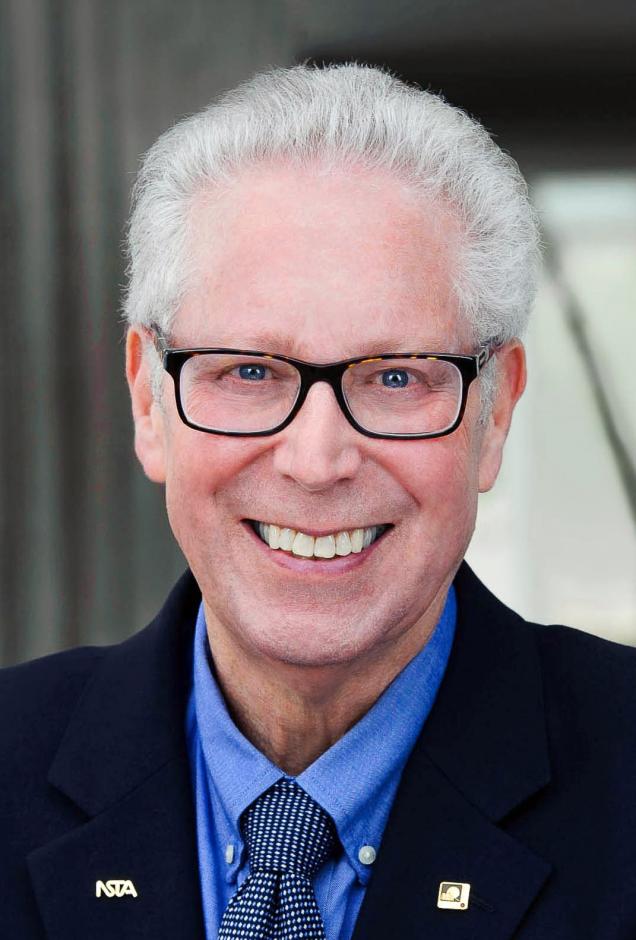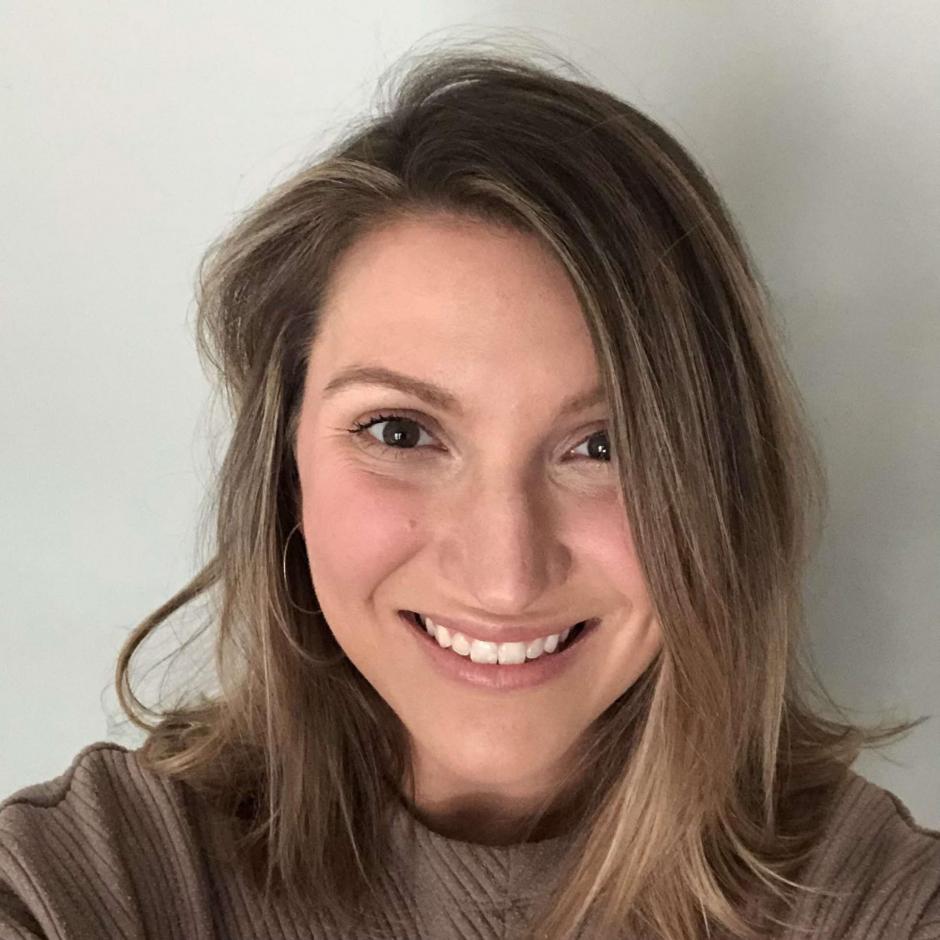Past Webinars
Past Webinars
Recordings of past webinars, plus related SREB resources on these education topics
Policymakers Can Help Support and Retain More Novice Teachers
From Surviving to Thriving: Transforming Support for New Teachers
View webinar recording
As teacher shortages persist, states are rethinking how they recruit, support and retain new educators. This webinar explores how strong induction systems can improve teacher retention, strengthen student outcomes, and support long-term economic growth.
How Educator Prep Leaders Can Support K-12 Teacher Induction
From Surviving to Thriving: Transforming Support for New Teachers
View webinar recording
When thinking of strong teacher induction, most concentrate solely on the responsibility of school and district leaders to provide that support. Yet postsecondary education partners can and should assist. Afterall, strong induction strategies should mirror and bolster strong preparation strategies.
How Principals and Mentors Should Support Novice Teachers
From Surviving to Thriving: Transforming Support for New Teachers
View webinar recording
Starting a teaching career is both exciting and challenging — and the right support can make all the difference. In this insightful webinar, experienced educators explore the critical roles school leaders and mentors play in shaping the success of new educators.
How District Leaders Can Create Induction Programs
From Surviving to Thriving: Transforming Support for New Teachers
View webinar recording
Learn how district leaders can design and implement effective induction programs that support novice teachers from day one. This session highlights key components of successful programs, including:
Rigorous Teacher Induction Can Help End Teacher Shortages
From Surviving to Thriving: Transforming Support for New Teachers
View webinar recording
In this webinar, learn about the importance and basics of quality teacher induction support and about SREB’s Teacher Induction Framework and services to help school districts with this challenge.
College Affordability in the South
Insights from the 2025 SREB College Affordability Profiles
View webinar recording
Are you interested in learning about the latest college affordability trends in your state and across the South?
In this webinar, you will gain insights into the latest affordability data and trends across the16 SREB states.
Explore Publishing Possibilities with Manifold
OER Summer Webinar Series
View webinar recording
When it comes to publishing open educational resources, it may be difficult to know exactly where to start. Publishing with Manifold is simple. Manifold is a collaboration between the CUNY Graduate Center, the University of Minnesota Press and Cast Iron Coding. Publications can be books, but they don’t have to be.
Adapting to Innovation: Are you ready for AI?
OER Summer Webinar Series
View webinar recording
As technological advancements develop rapidly, educators are faced with challenges for how to strategically approach adapting to innovation. Join the Texas Higher Education Coordinating Board Division of Digital Learning in a lively discussion about how to strategically engage with evolving technologies, like AI, that will significantly impact how we teach, learn, do business and live.
Open & Affordable Education @ GSU Library
OER Summer Webinar Series
View webinar recording
Attendees joined our informative webinar on open educational resources at Georgia State University. We explored the benefits and implementation of OER, highlighted how these resources can enhance teaching and learning while reducing costs for students.
SREB and Ahrash Bissell from the NROC Project
OER Summer Webinar Series
View webinar recording
Learn more about the National Readiness Organization focused on College and Career Project. As a leader in open educational resources, the NROC Project offers EdReady, an adaptive learning platform to personalize math and English instruction. If you are searching for ways to meet the needs of every student, get ideas in this webinar.
Media: Virtual News Conference for AI Commission
Followed First Meeting of New SREB Commission on AI in Education
recorded on may 1, 2024
Listen to webinar recording
In this virtual news conference, SREB President Stephen Pruitt and members of the newly formed SREB Commission on AI in Education spoke with media immediately following their first meeting in Columbia, South Carolina.
HBCU-MSI Consortium Virtual Convening
View webinar recording
March 2024 marked SREB’s HBCU-MSI Course-Sharing Consortium’s third year of its three-year initial planning.
Teaching Resources for the April 8 Total Solar Eclipse
Classroom Materials & Strategies to Observe the Eclipse Easily and Safely
View webinar recording
The last total solar eclipse in the U.S. until 2045 occurs in April 2024. Everyone in North America will experience at least a partial eclipse. In this webinar you will find tips to get your students to be ready to experience this rare celestial event.
The Skills Employers Demand and How Educators Can Address Them
View webinar recording
In this webinar, SREB provides an overview and findings of the recent SREB report, The Skills Employers Demand: An Analysis of the Research, detailing in-demand success skills based on recent research. Participants also learn what the job market reveals about success skill demand in the SREB region.
Telling the Story Using SREB Data
An Overview of SREB Teacher Workforce Resources
View webinar recording
Journalists, are you curious about what the data is telling us about the state of the teaching profession? In this webinar, we shared:
Communicating Technical Topics to Non-Technical Audiences
SREB-State Doctoral Scholars Program Webinar Series
View the webinar recording >
Explaining research involving complex ideas makes sense to an
audience full of experts in the field, but to a
non-technical audience, the information may be confusing. In this
interactive discussion topics covered included:
Student Support Services
HBCU-MSI Course-Sharing Webinar Series
View webinar recording
Institutions must always consider what students will need to be successful. Students who participate in course sharing need multiple levels of student support to achieve their educational goals. Wraparound student services is one way to ensure that your course sharing, and other students, get the support they need to achieve success!
Course Sharing Using the Summer Enrollment Model
HBCU-MSI Course-Sharing Webinar Series
View webinar recording
“The 2023-2024 academic year will be the first year that institutions of higher education must ensure their financial sustainability without the aid of higher education emergency relief funds (HEERF).” (Brownlee, 2023). In order to maintain the successes HBCUs and MSIs have achieved using course sharing, sustainability must be addressed and strategies to maintain the program must be implemented.
Using Course Sharing Data to Tell Your Institution’s Story
HBCU-MSI Course Sharing Webinar Series
View webinar recording
All HBCUs are not the same. HBCUs and MSIs are also different from one another. Institutions benefit when they are allowed to carve out their own identities and tell their own stories. This may be difficult in the higher education industry where they are compared to each other in a way that strips them of their uniqueness, successes and growth opportunities. Using course sharing data is a great start helping institutions share their narratives.
Evaluating Personal Career Wellness
SREB-State Doctoral Scholars Program Webinar Series
View webinar recording >
In this webinar, Steph Kalina of Liberty Mutual led a discussion on career wellness, which refers to the state of one’s overall career satisfaction and success, encompassing various aspects such as work-life balance, personal growth, and job fulfillment.



















